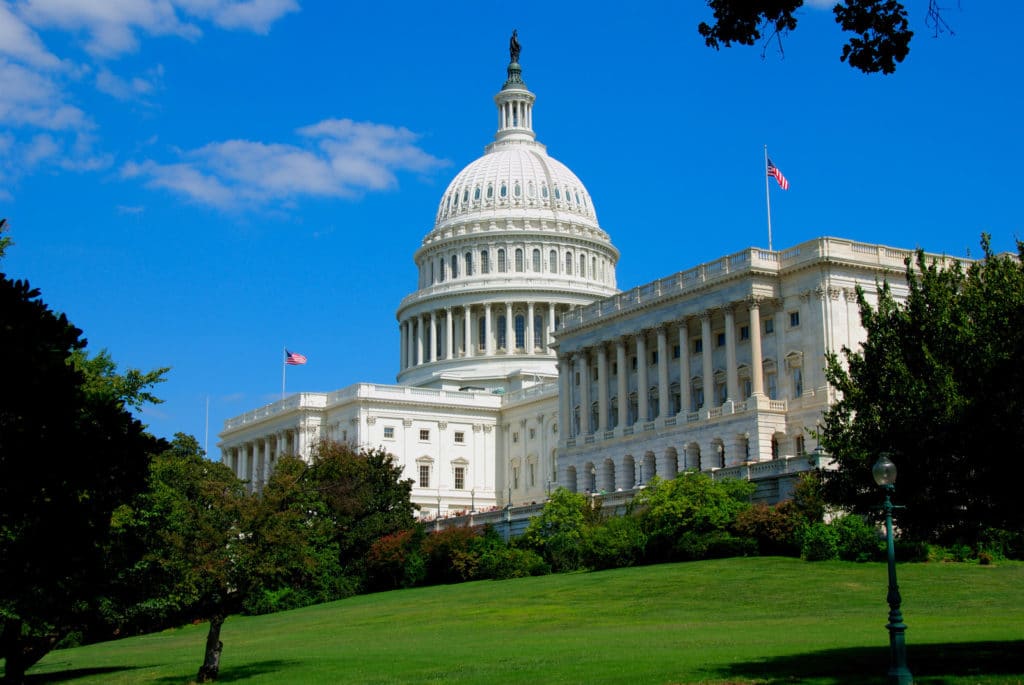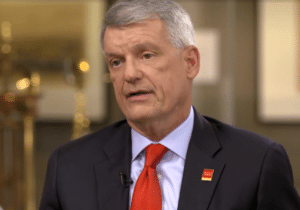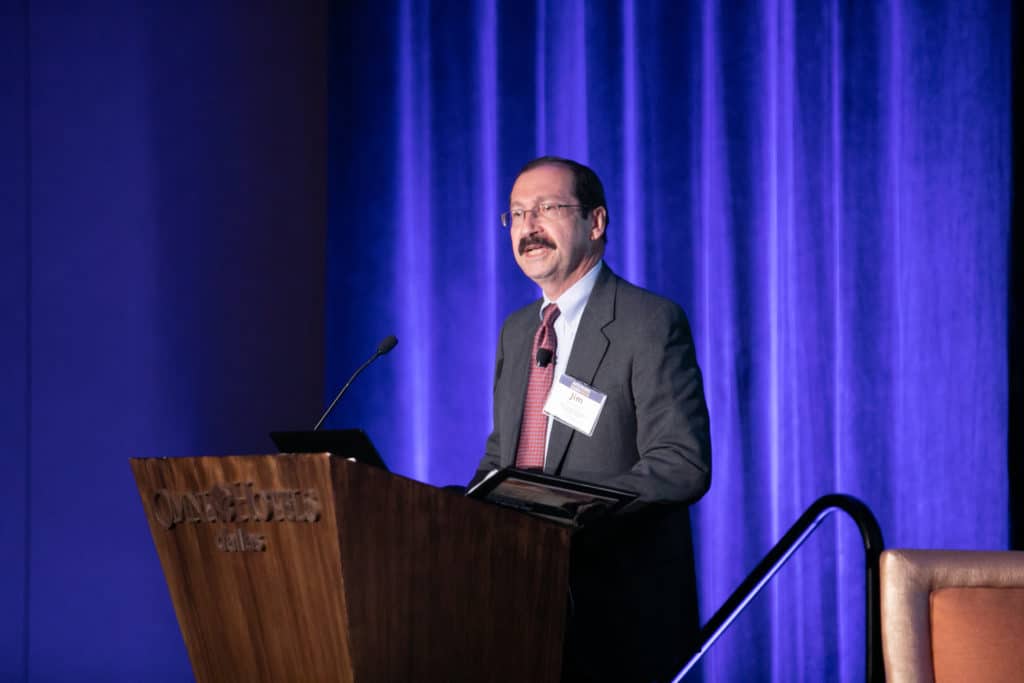Fewer than 10 banks will be required to submit stringent stress test analysis to federal regulators following Congress’ passage of bipartisan legislation designed to rollback Obama-era financial regulation.
The House voted 258-159 to roll back parts of the 2010 Dodd-Frank Act, which will now designate banks with assets above $250 billion as “systemically important financial institutions” (SIFI) up from the $50 billion threshold the bill originally instituted.
Companies such as BB&T Bank, Huntington Bancshares, Fifth Third Bancorp, SunTrust Banks, and 30 of the other 38 largest banks in the country will no longer have to submit the most stringent stress tests to regulators. Institutions such as JPMorgan Chase and Wells Fargo & Co. — which have assets in the trillions — will still have to submit to these tests.
The bill keeps in place many of the provisions former Congressman Barney Frank embedded in the law, such as rules that prevent lenders from off-loading too much risk into securitizations, he said during an interview on CNBC.
“We said you should not be able to make loans to consumers with very shaky credit and then securitize it so that you can make a loan and then not take the risk of nonrepayment,” Frank said. “What smaller banks get here — and they tend to be the banks that know their neighborhood — is they get to make the loans to people with weaker credit than elsewhere if they keep it on their books.”
He went on to say that he agreed that the original $50 billion cap for SIFI designation is too low but would have liked to see it closer to $125 billion. Its compromises like this that allowed the bill to gain bipartisan support from moderate Democrats.
While there is relief for small banks, the bill did not go far enough, said Richard Hunt, president and chief executive of the Consumer Bankers Association.
“I think this is a great first step,” he said in the CNBC interview. “I wish this bill would go a little further. I think every bank should be determined if they are a SIFI based on the activities of their bank and not some arbitrary number.”
Additionally, the industry criticized the bill for not including any restructuring of the Consumer Financial Protection Bureau into a bipartisan commission. The bill is headed to President Donald Trump’s desk where he is expected to sign it into law.








